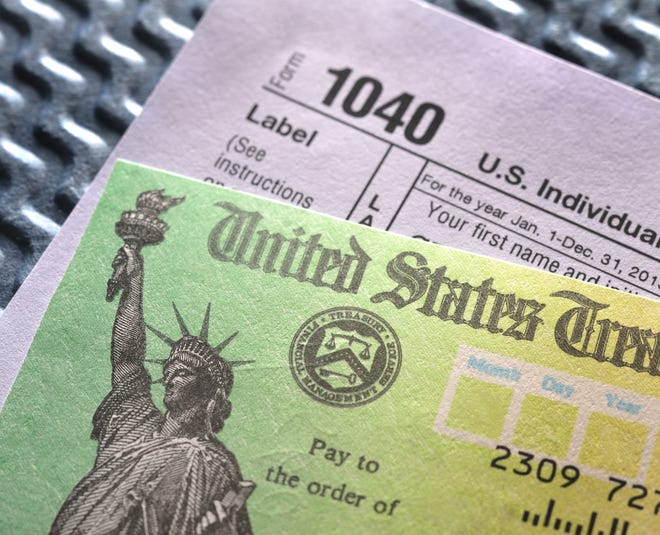Tax law is used for several purposes. Chief among them is to generate revenue for government operations. But tax law also encourages or discourages certain behaviors to achieve economic, social or political objectives.
Here is an example. Section 280E of the Act denies any deduction for trafficking in a controlled substance. Well, that’s good, you say.
Cannabis is a Schedule 1 controlled substance. Running a cannabis business means there are no business deductions when filing taxes.
Traders can claim “Cost of Goods Sold (COGS)”. They are taxed on “gross profit,” which by tax law is gross receipts less COGS.
Some people like this rule, some don’t. The rule deals with a value judgment of a business that involves the trafficking of a controlled substance.
You may have heard of this rule – it is frequently mentioned in the “popular press” as many states have now legalized the cannabis trade.
Here’s one you may not have heard of. Similar punitive treatment applies to the income you derive from your investments. Just regular old investments, which are legal.
As is the case with many strange things, there is a story behind it all. When the United States first enacted an income tax, following the ratification of the Sixteenth Amendment, you could deduct business expenses.
Business expenses are those paid to operate a business. By allowing business deductions, the operator is only taxed on net income. Decidedly, even I know it, you say.
Point taken. But the law did not allow deductions for investment income. This meant that people were taxed on the gross investment income.
Stop yawning. Let me give you an example. It’s 1935 and you operate the Proctor and Gamble Co. It’s a business. You can deduct ordinary business expenses on the P&G corporate income tax return.
Your side business operates a boarding house in Cincinnati for P&G employees. Rental income is reported on your personal tax return. What about expenses?
Well, Mr. Smart Aleck, you might want to think about this one before you answer. Ultimately, it depends on whether your pension is a business or an investment.
If it is a business, the expenses are deductible. If it is an investment, no deduction. Your pension from 1935 is akin to a cannabis business from 2022.
Why 1935? Because in 1942, Congress stepped in to remedy this potential tax problem. Proving that it could start a war and change the tax law at the same time, Congress declared that capital expenditures would now be, as they then called it, deductible.
Problem solved! Until 1986. In 1986, Congress declared that from now on, as it was spoken in 1986, capital expenditures could only be claimed as itemized deductions, and only if they exceeded 2% of income taxpayer’s adjusted gross.
In 1990, Congress changed things slightly by adding the “Pease Amendment”, named after Donald Pease, a Democrat from Ohio.
Pease created a conflict for those making “too much money”. Investment spending, even if it passed the two 1986 hurdles, could be reduced for these defined investment big cats.
Well, you say, that’s what you get when Democrats control the House and Senate, and George HW Bush breaks his promise not to impose new taxes.
So you prefer 2017, when Republicans held the presidency, the House and the Senate. As part of the 2017 tax cuts, Congress has said for some time, and that’s how it spoke when this law was drafted, that capital expenditures are not deductible.
Not deductible. For everyone. Rich, poor, big or small. For a certain time. From 2018 to 2026.
What is the logic there?
They needed money to pass the law through reconciliation. Fewer deductions, more government revenue.
So here we are again with investments being treated as trafficking in controlled substances. What can we do about it?
We can say that we run a business. Argue, I say, because the difference between an investment and a business can be confusing.
Drug dealers can deduct COGS. Investors can deduct the cost of the investment. Certain investments may be reported on IRS Schedule E with deductions claimed.
But if you come across a cannabis seller complaining about tax laws, pull up a chair and tell him you know exactly how he feels.
James R. Hamill is the director of tax practice at Reynolds, Hix & Co. in Albuquerque. He can be reached at [email protected].
 Resource KT
Resource KT


